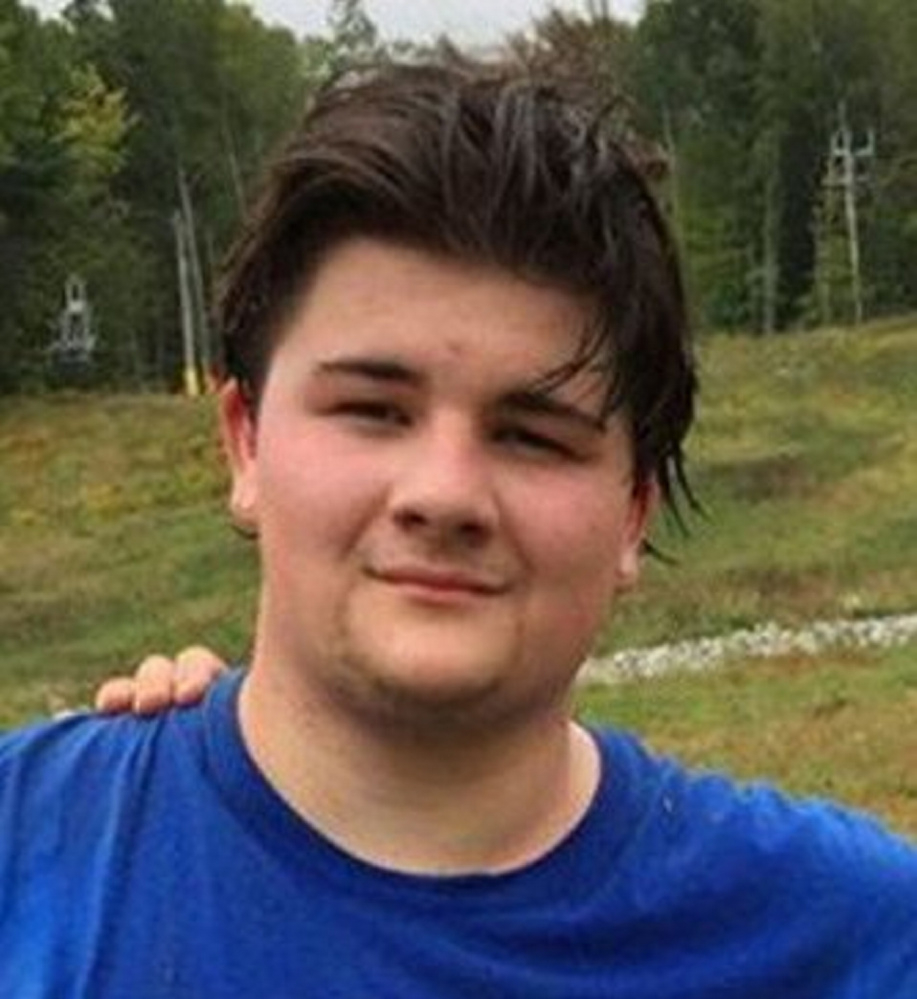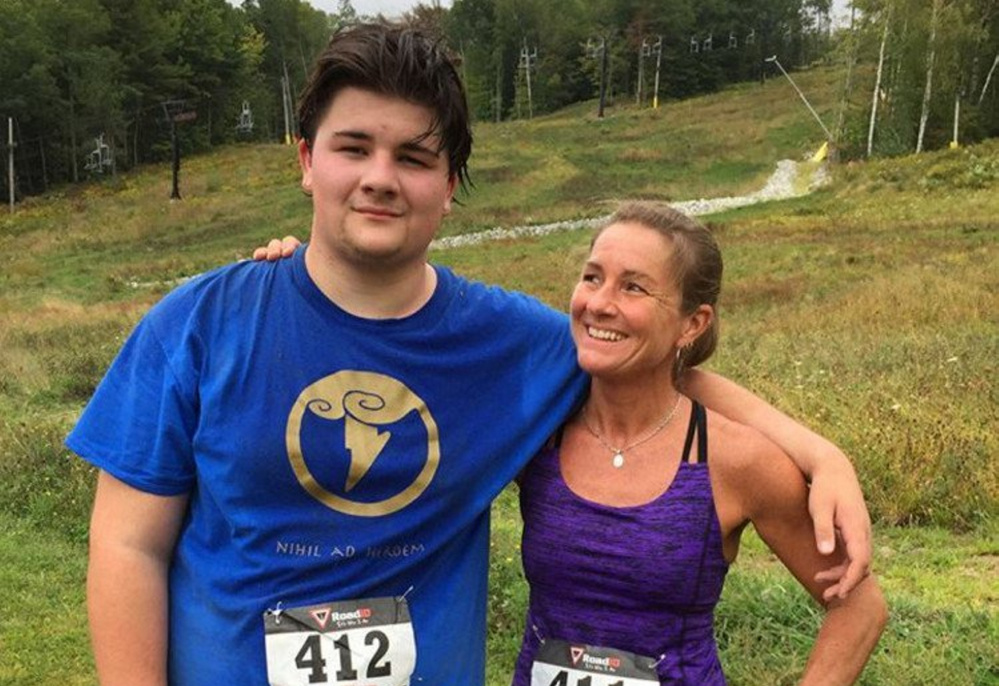AUGUSTA — Charged as a juvenile with the killing of both his parents, 18-year-old Andrew Balcer could be headed for a court hearing this summer to determine whether the Winthrop teenager should be prosecuted as an adult.
Balcer is charged with murdering his parents, Antonio and Alice Balcer, both 47, early on Oct. 31, 2016, in their Winthrop home. He was 17 years old at the time his parents were killed.
Judge Eric Walker, who is handling the case, talked about the future hearing schedule during a brief status conference Monday afternoon at the Capital Judicial Center that Balcer did not attend.
Balcer, who is represented by attorney Walter McKee, is being held at the Long Creek Youth Development Center in South Portland.
McKee told Walker that Balcer had undergone a diagnostic psychological evaluation by Debra Baeder, chief forensic psychologist with the State Forensic Service, and a report had been completed, though it’s under seal and not publicly available. However, McKee said Balcer later said he had some additional things he wanted to discuss with Baeder.
McKee said Baeder agreed to meet with Balcer again and that it was an “important piece” of information needed to proceed.
The state, represented by Assistant Attorneys General Meg Elam and Bud Ellis, did not object, so the judge signed the order.
On the morning of Balcer’s arrest, police found a combat-style knife stuck into the floor near where his father’s body was found and a handgun on the kitchen counter that appeared to have red-brown stains on it, according to a police affidavit.
Because Andrew Balcer has been treated as a juvenile, few documents in the case have been made public.
Balcer was attending Winthrop High School at the time of the slayings. He called police at 1:42 a.m. to the family home on Pine Knoll Road, telling a dispatcher that he had stabbed his parents and they were “beyond help and definitely dead,” according to the affidavit filed Nov. 1, 2016, by Maine State Police Detective Abbe Chabot.
The diagnostic information is key for an anticipated hearing where Walker will decide whether Balcer should be treated as a juvenile — which has been the practice so far — or as adult in the criminal justice system.
Walker said that once he gets the report with the new information, he will arrange a phone conference with attorneys to specially set that hearing.
On Monday Walker said he understood it would be a four- to five-day hearing to determine if Balcer should be tried as an adult, but McKee said it might be considerably shorter depending on the results of the psychological evaluation.
In an interview in February, Christopher Balcer, Andrew’s older brother, said he had “no idea” what may have led his brother to stab their parents. The older brother was in the basement, he said, and came upstairs to find his father breathing slowly and Andrew Balcer standing over him holding a knife.
Christopher Balcer said he fled the house after convincing his brother to let him live.
In that same interview, Christopher Balcer said he was not aware of Andrew having any mental illness or fights with his parents, but added that because Andrew was in high school, there was “a huge aspect” of his life to which his family was not privy.
Ali Balcer was found in her bedroom, face down with a stab wound in her back, and Tony Balcer was found in the kitchen with 13 stab wounds to his chest and torso, according to an affidavit filed by a Maine State Police detective. The family dog was killed also.
Alice and Antonio Balcer met while serving in the U.S. Coast Guard. Most recently she had worked at the Winthrop Veterinary Hospital, and before that at the Kennebec Valley Humane Society shelter in Augusta. Tony was active in local motorcycle groups and known locally as “the Rev” for serving as chaplain and officiating at weddings.
Betty Adams — 621-5631
Twitter: @betadams
Send questions/comments to the editors.






Comments are no longer available on this story